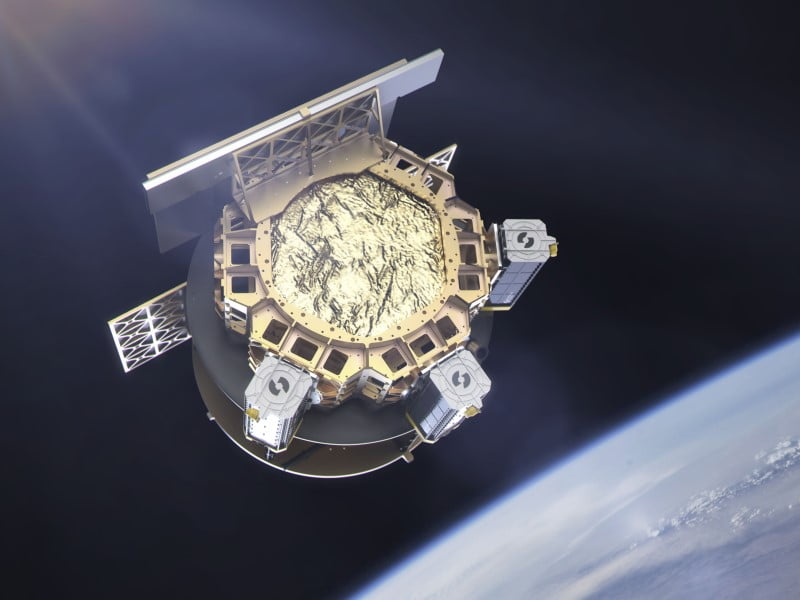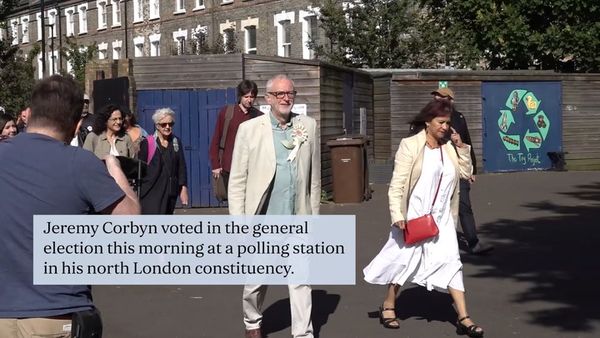Sydney-based Space Machines Company has begun a long-term collaboration to complement its in-space servicing capabilities with US-based Orbit Fab’s refuelling capabilities as it finalises preparations ahead of the first launch of its satellite.
Space Machines Company’s (SMC’s) Optimus satellite – designed to provide support for in-space logistics, servicing, and refuelling operations – will launch onboard the SpaceX Transporter-10 rocket on March 1.
It will feature Orbit Fab’s ‘fiduciary alignment markers’ which act like QR codes enabling other space vehicles to safely approach one another without colliding.
Speaking to InnovationAus.com Space Machines Company co-founder and chief executive Rajat Kulshrestha said he expects that by 2030 “you will start to see more ongoing sustainable space servicing and assembly missions out there”, with initial services beginning in the next three to five years.
SMC say that capabilities prolonging the lifespan will improve the sustainability of spacecraft by clearing space debris and minimising its production.

Mr Kulshrestha said that the fiduciary alignment markers will allow future in-space collaborative testing of Orbit’s refuelling vehicles. He said it is the first purely commercial partnership of its kind.
“When [Orbit] go up and they launch their mission, they can work collaboratively with us to understand how to safely approach our vehicle…collect a lot of data and position data, orientation data on how to approach us, how to align with a spacecraft,” Mr Kulshrestha told InnovationAus.com.
While there is yet to be an industry standard for refuelling technology, Orbit Fab is driving standardisation, particularly through its refuelling port technology known as the Rapidly Attachable Fuel Transfer Interface. This port will enable compatibility with Orbit’s planned refuelling vehicles and stations.
“As an early adopter of these fiducials we’re hoping to provide that testbed that they can really test this out and start to have really put them to start having those discussions more broadly,” Mr Kulshrestha said.
Orbit Fab chief executive Daniel Faber said in a statement that its collaboration with SMC “demonstrates cooperative docking alignment markers that support safe, sustainable space operations”.
“We provide these spacecraft fiducials to support cooperative refuelling in space, but they can also support any satellite servicing activities. By simply including a low-footprint fiducial market, any company can make its assets serviceable just as Space Machines Company has done,” Mr Faber said.
SMC’s first flight will have two main objectives. The first is to test internal systems and internal propulsion “so that high manoeuvring capability we need to service and protect satellites in orbit can be achieved”.
The second is to understand “how to service hosted customers on a platform and understand their requirements as we execute the mission”. The first flight will include the delivery of several customers into space.
Mr Kulshrestha said that space servicing and refuelling capabilities could extend the lifetime of spacecraft by double or triple. He likened the current lack of commercial space refuelling capabilities to leaving a car on the side of the road when it runs out of fuel.”
When combined with the ability to inspect and repair in orbit, “it will completely change the paradigm because now you don’t have to spend time building satellites that are triple redundant and hence high costs, take a long time to build, and take a long time to get to orbit”.
“You can say, well, if my satellite fails, I can repair in orbit. If it runs out of fuel, I can fuel it in orbit, and so I think that changed the economics of the entire industry,” Mr Kulshrestha said.
When asked about the role government can play in defining the standards around satellite refuelling and serviceability, Mr Kulshrestha said that government space agencies should focus on ‘debris management’ and “how services like our form the backbone of sustainable futures”.







